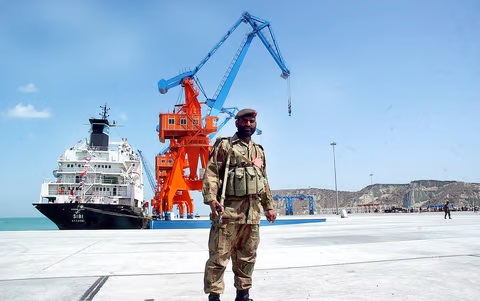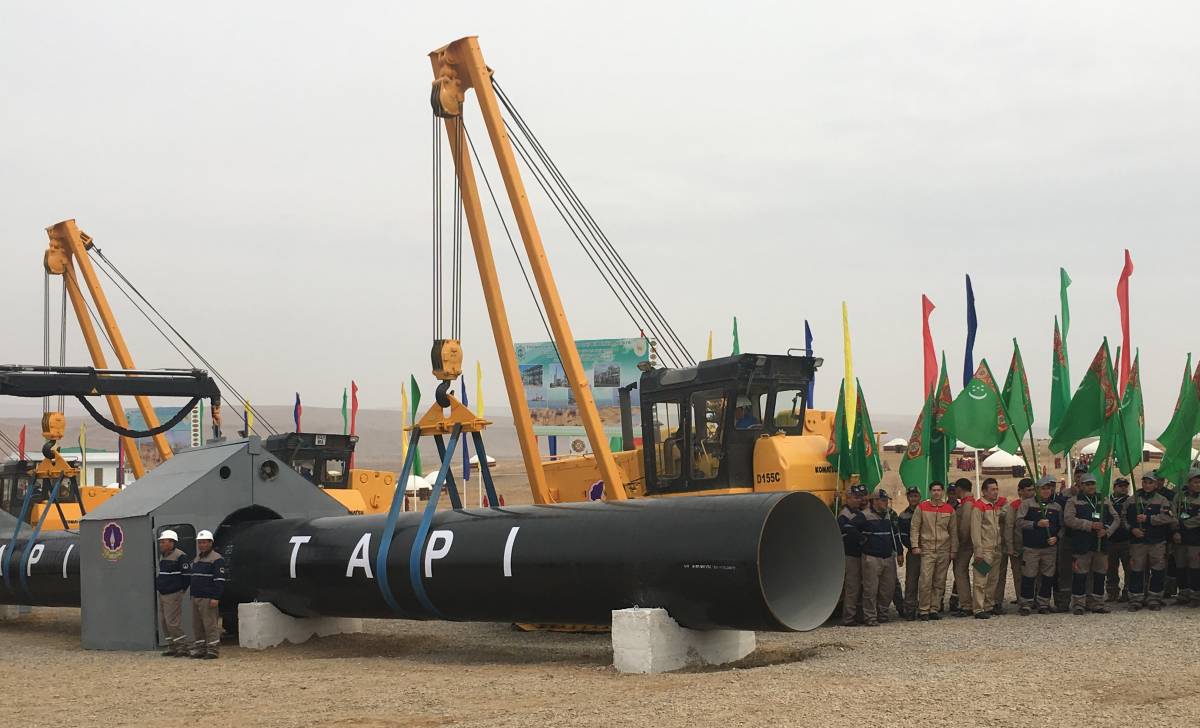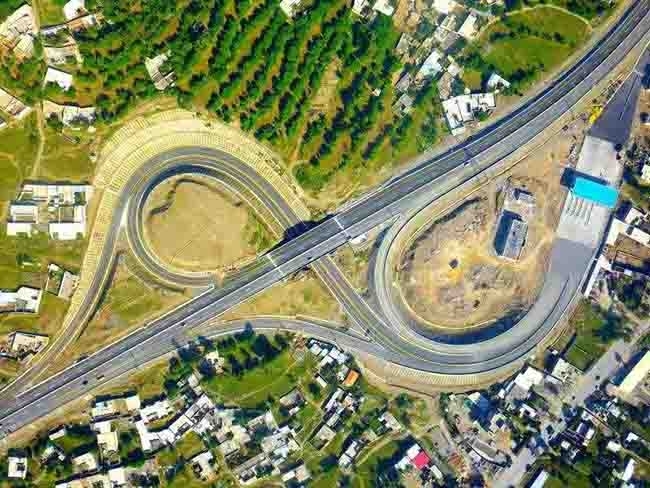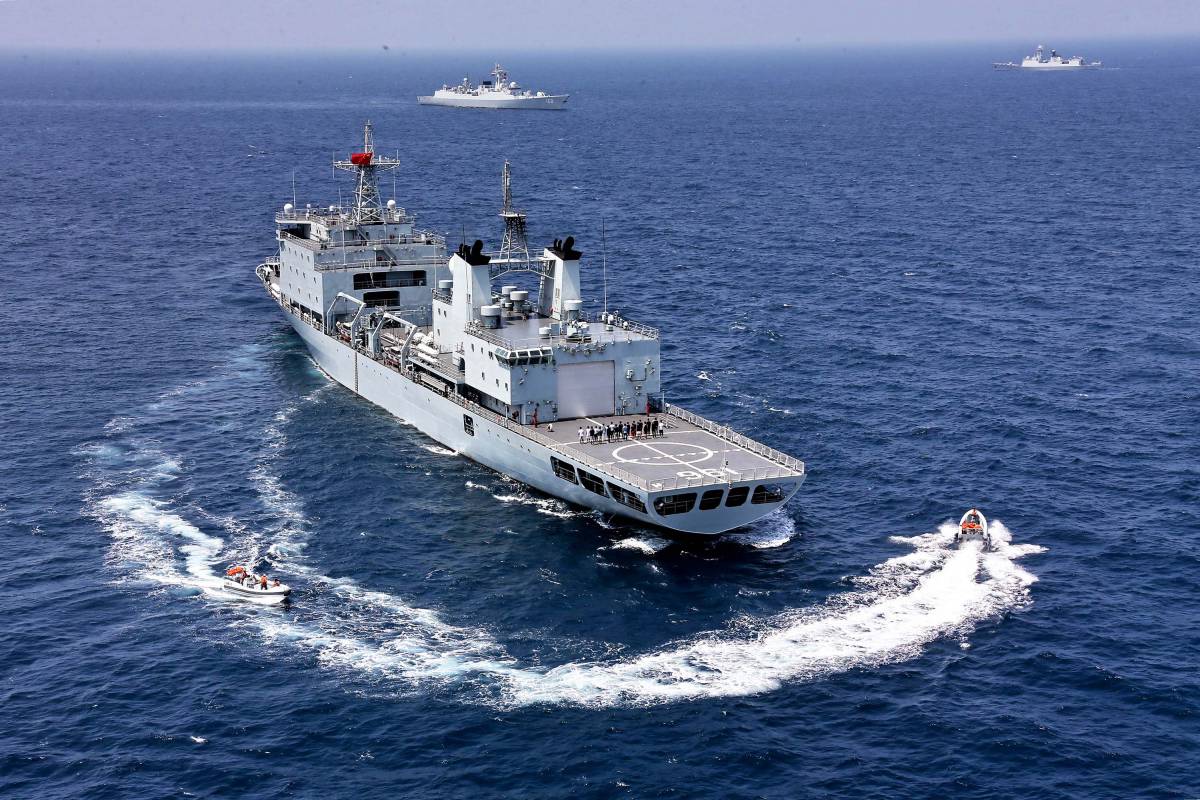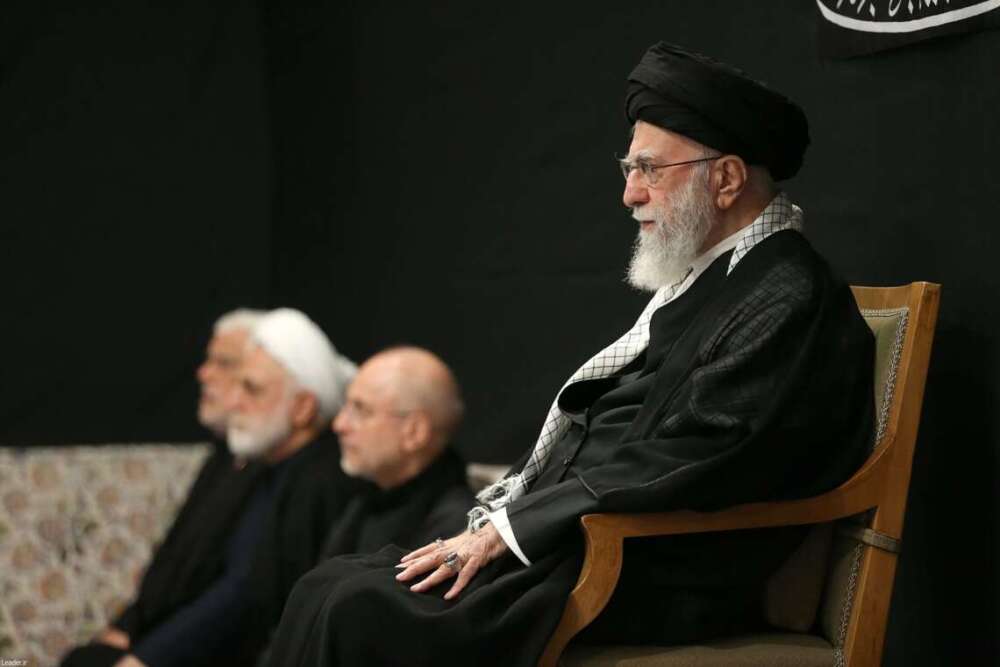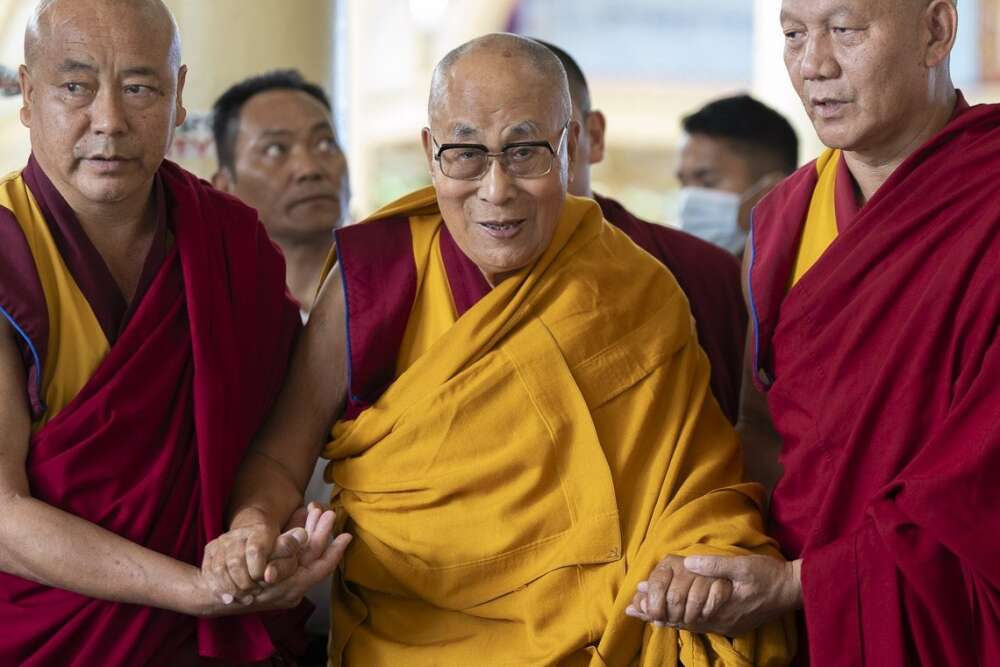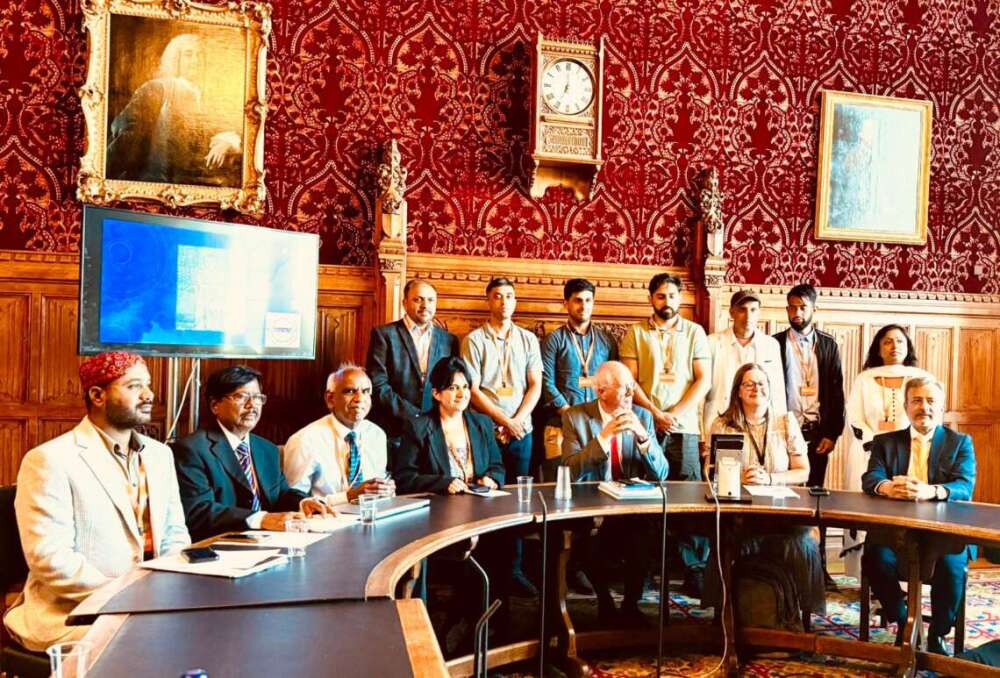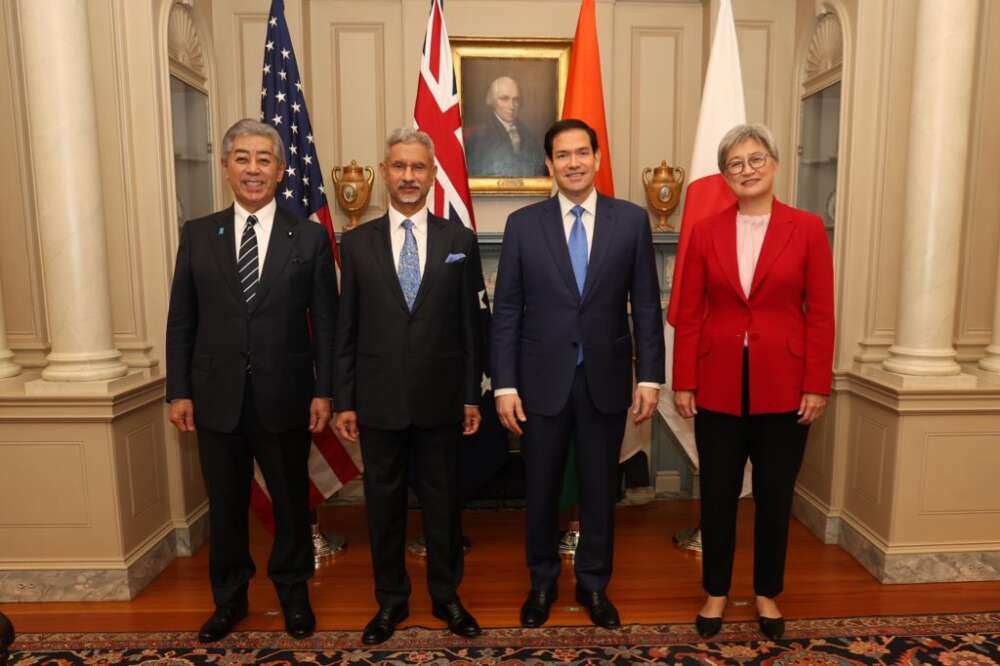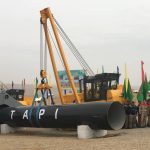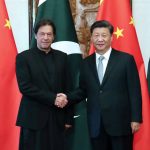Pakistan has little to rejoice after the visit of Chinese Vice Premier He Lifeng. Pakistan government’s declining capability and credibility in tackling internal security challenges is not reassuring for Chinese leadership. Signing of six minor deals in major areas of cooperation indicates China’s preference of remaining in game while being cautious at the same time
For some years now, Pakistan is seen braving many setbacks in its bilateral cooperation with China. Expecting much-needed impetus through the long-awaited visit to the country by Chinese President Xi Jinping, the Pakistani government continued updating its wish list. First announced in 2020, the high-profile visit kept on getting postponed on different pretexts since then. Finally, China granted a visit to Pakistan when its Vice Premier He Lifeng visited the country from July 30 to Aug 01, 2023.
Despite being ridiculed in domestic media, the government remained hopeful of the long-term impact of the visit on strategic ties with China. However, the outcomes of the ‘high-profile’ visit appear far off from strategic or long-term. Most of Pakistan’s expectations were tied to the China-Pakistan Economic Corridor (CPEC) which is considered the symbol of iron brotherly ties between the two countries. However, the clouds of security concerns and lack of political clarity proved to be too dark for increasing the cooperation in a meaningful manner. The absence of movement on various projects under CPEC over the last few years clearly indicates the effect of these two factors on expanding the sphere of cooperation.
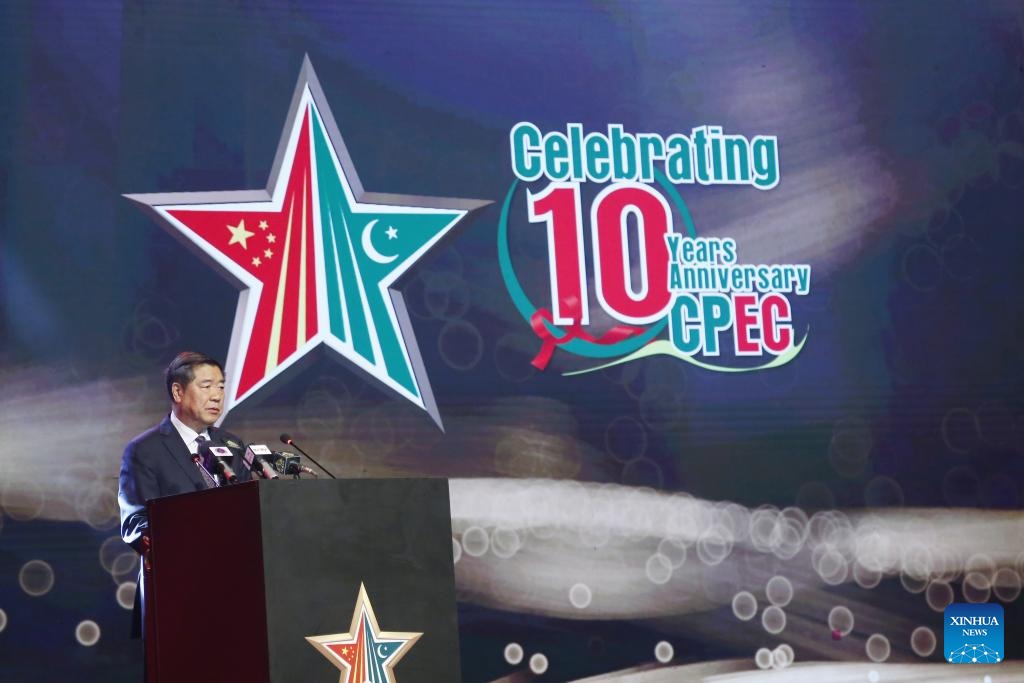
During the visit, He Lifeng held some important meetings with Pakistani leadership including Pak Prime Minister Shehbaz Sharif, President Arif Alvi, the Army Chief Gen. Asim Munir, Minister for Finance Ishaq Dar and Planning Minister Ahsan Iqbal. Apart from that, he also attended events commemorating a ‘Decade of CPEC’ and a ‘PLA Founding Day’ event at Pak Army Headquarters at Rawalpindi. Shehbaz Sharif thanked the Chinese leader for the recent Chinese financial help, which came at a very crucial time. However, a glimpse into the list of agreements signed during the visit does not look as if the iron brother ties have taken any leap. Overall, the two countries signed six pacts to enhance cooperation in diverse fields. These included agreements on joint cooperation committee of CPEC, the establishment of an expert exchange mechanism within CPEC, the upgradation of ML-1 railways, a feasibility study for realignment of the Karakoram Highway Phase II, MoU on the Industrial Workers’ Exchange Programme through diplomatic channels and export of dried chillies from Pakistan to China. The nature of these deals cannot be considered to be adding significant strategic value to the bilateral cooperation.
Moreover, the Pakistani government’s declining capability and credibility in tackling internal security challenges is not reassuring for the Chinese leadership. Signing only basic deals in major areas of cooperation indicates China’s preference for remaining in the game while being cautious at the same time. Beijing’s inclination in increasing the scope and speed of implementation will be clear only once the new regime takes over in Islamabad after a few months. Meanwhile, China is expected to keep on pressuring the Pak government regarding the safety of its nationals and assets, which have been repeatedly targeted by the insurgents.
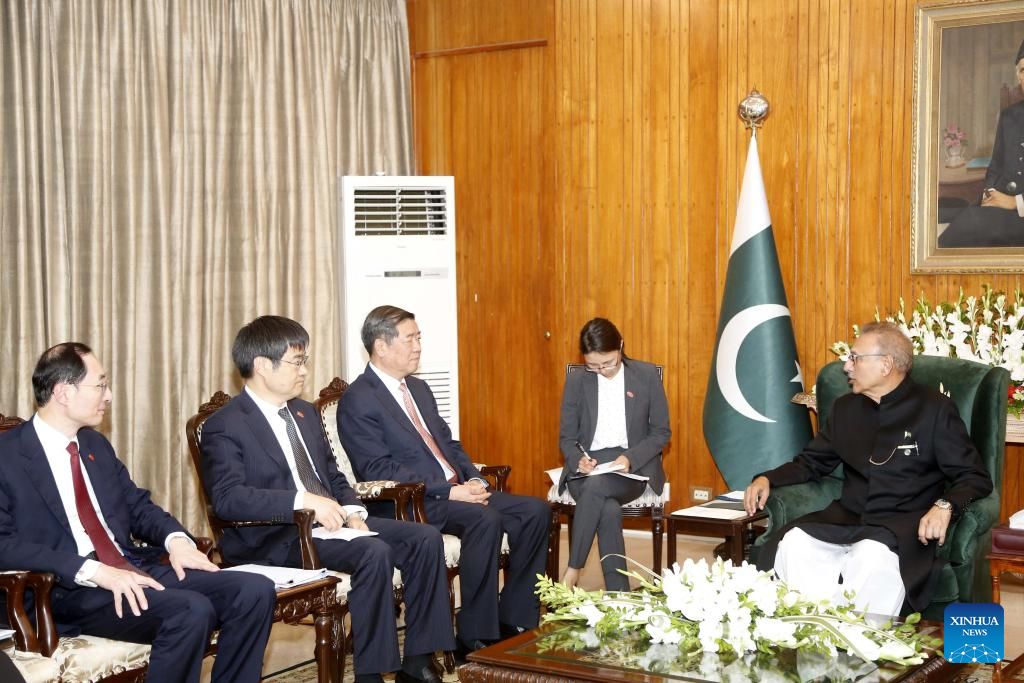
Apart from the volatile security situation in Pakistan, the precarious economic situation here is leading to lowering Chinese faith in the country’s capacity to deliver. While Beijing continues to step in to avert possible debt defaults by Pakistan, the helping hand appears to be increasingly reluctant. The recent rollout of $2.4 billion support by China amid the economic crisis in Pakistan came after a lot of wavering. The ever-ballooning circular debt is also not helping further investments in the power sector of CPEC. The experiences of Chinese Independent Power Producers (IPPs) in getting their dues clear in Pakistan is making the new investors wary about fresh investments. The intentional inadequacy in deliverables of the latest visit by the Chinese Vice Premier may be seen as a symptom of this wariness.



